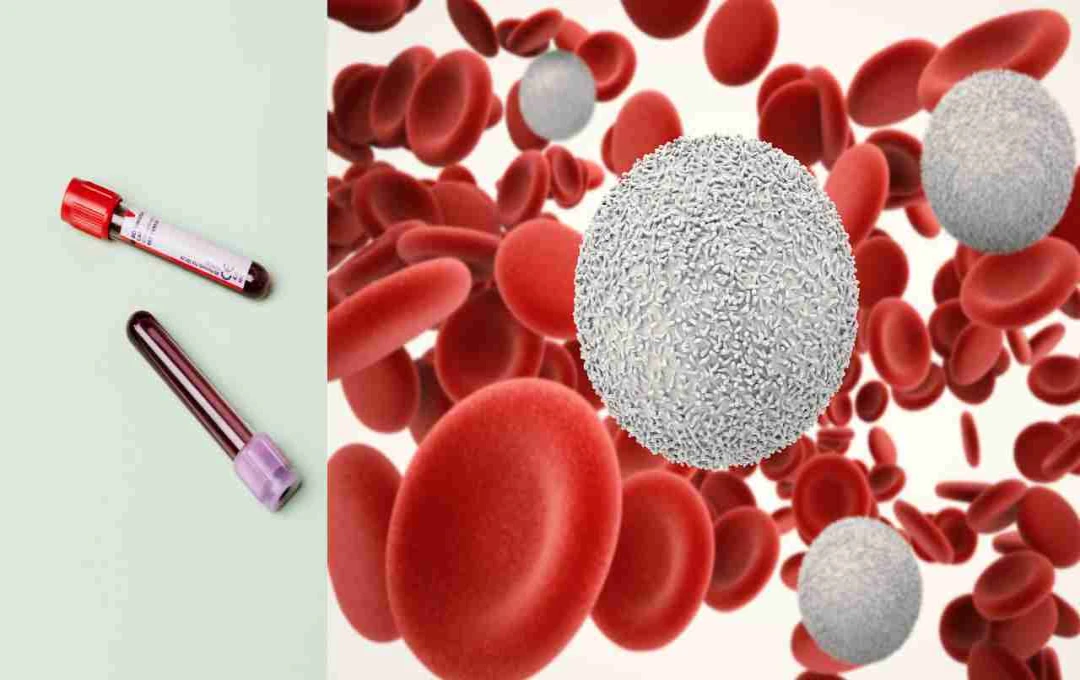A Lipoprotein (a) blood test can help identify the risk of heart attack early on. This test reveals the risk of cardiovascular disease and stroke at an early stage. In India, heart disease is the leading cause of death, but awareness of this test is low. It should be undertaken by all high-risk individuals.
Best Test To Diagnose Heart Attack Risk: Doctors state that undergoing a Lipoprotein (a) blood test at the right time is crucial for preventing heart attacks and strokes. This test measures the amount of high Lipoprotein (a) in the blood, which indicates plaque buildup in the heart's arteries. Approximately 18 million people die from heart disease each year in India. This test can provide an accurate risk assessment for individuals under 55 years of age or those with a family history, enabling timely prevention.
Test to Identify Heart Attack Risk
The Lipoprotein (a) test can predict the risk of cardiovascular diseases in advance. This test measures the level of Lipoprotein (a) in the blood. Excessive Lipoprotein (a) can cause plaque to accumulate in blood vessels, leading to a heart attack or stroke.
The Lipoprotein (a) test is not included in routine blood tests. Doctors recommend it only for high-risk individuals. This test is helpful in showing early signs of heart disease.
Genetic Risk of Heart Attack

A survey conducted by Novartis revealed that two out of three people in the Asia-Pacific and Middle East regions do not undergo regular cardiac screenings. Approximately 45% of people do not recognize genetic risk. Only 22% of people have heard about the Lp(a) test, and only 7% have had it done.
The risk of heart attack can also be genetic. Elevated levels of Lipoprotein (a) are more commonly found in individuals with a family history, and this increases the likelihood of heart disease.
Doctors' Advice and Heart Disease
According to Dr. A. Srinivas Kumar, Director of Cardiology at Apollo Hospitals, heart disease is one of the leading causes of death in India. He stated that awareness about risk factors like high Lipoprotein (a) is crucial. South Asian populations are particularly susceptible.
In India, high Lp(a) was found in 34% of acute coronary syndrome patients. High Lp(a), coupled with diabetes, obesity, and high blood pressure, increases the likelihood of heart disease.
Benefits of Lipoprotein (a) Test

This test provides an early indication of the risk of heart disease and stroke. For high-risk individuals, timely identification and prevention become possible. Doctors advise that the test should be done before the age of 55 or if there is a family history of heart disease.
Additionally, individuals who have previously suffered a stroke or heart attack, postmenopausal women, and those with diabetes and high blood pressure should also undergo this test.
Function of Lipoprotein (a)
Lipoprotein (a) is a specific type of cholesterol that can contribute to plaque formation. It is a biomarker for heart and blood vessel health. By measuring its level in a blood test, doctors can estimate the risk of heart disease.
Its concentration remains stable throughout life. A person's lifestyle does not affect it, so it can be measured at any age.
Normal and High Levels
A normal level of Lipoprotein (a) is considered to be less than 30 mg/dL. Levels higher than this increase the likelihood of high cholesterol in the blood and heart disease. In postmenopausal women, its level is typically normal with a slight increase. Regular testing can provide a timely assessment of risk.















